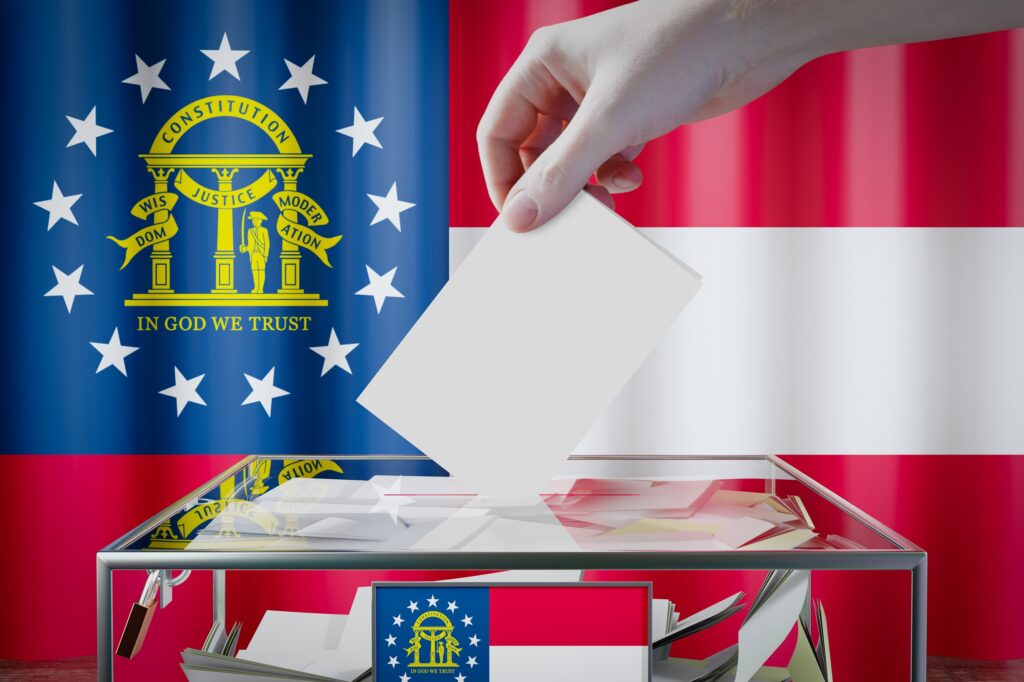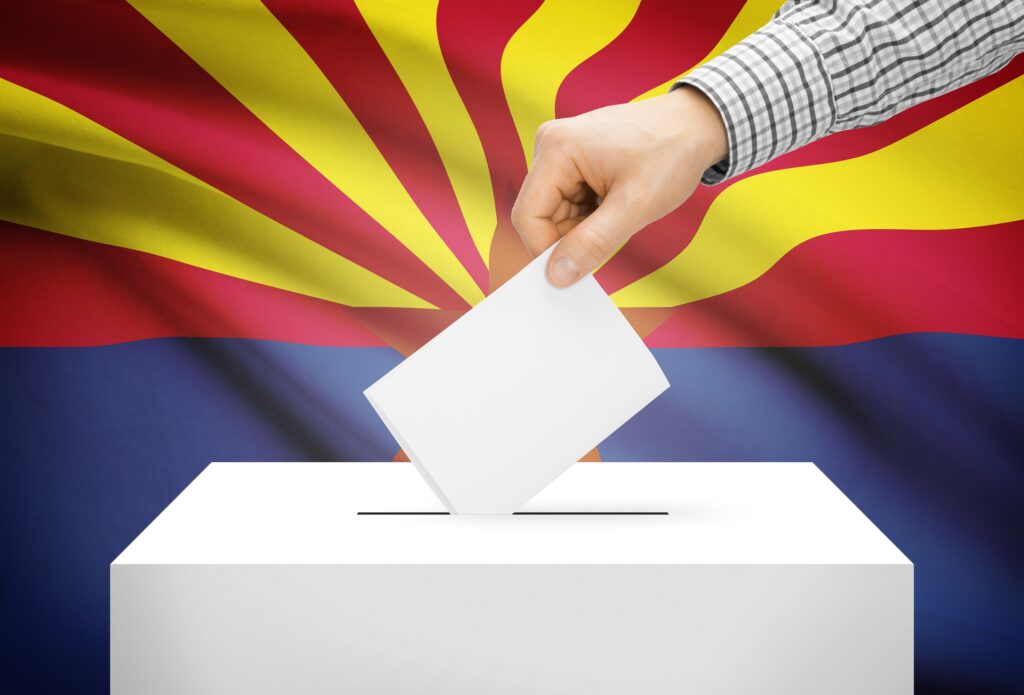Reasserting Congress’ investigative authority
Whether acting as a body or through its committees, Congress has the absolute constitutional power and responsibility to make and enforce any demands to the executive branch for information it deems necessary to accomplish its legislative duties. It has established sufficient rules, tools and sup-port mechanisms to identify, analyze and effectively use such information, though it is questionable whether such mechanisms are adequately funded. However, a 15-year-long uncontested strategy by the executive branch of forcing Congress to enforce its documentary and testimonial subpoenas through civil litigation is obstructing Congress’ core constitutionally mandated legislative function.
Moreover, the failure of committees to impose meaningful consequences for agency delays or outright refusals to comply with information requests has fostered an environment wherein agencies purposefully employ delay tactics and assert dilatory, nonconstitutional privileges precisely to frustrate Congress’s lawful requests.
The recent congressional failure to challenge such blatant executive usurpation reflects an abnegation of institutional integrity and will. However, Congress can reassert its investigatory authority and should do so by challenging the flawed arguments promulgated by the U.S. Justice Department in the ongoing case, House of Representatives v. Holder.
Image by Everett Collection









